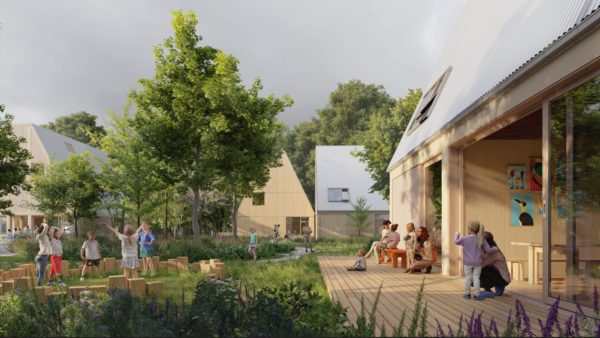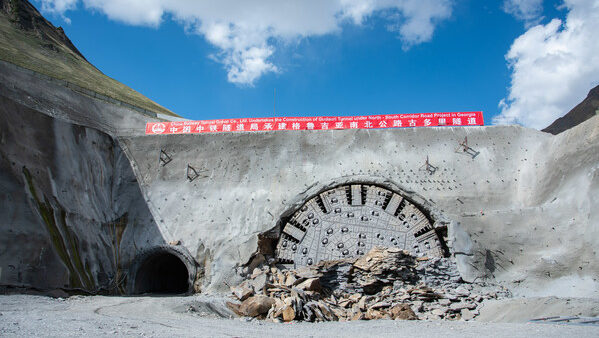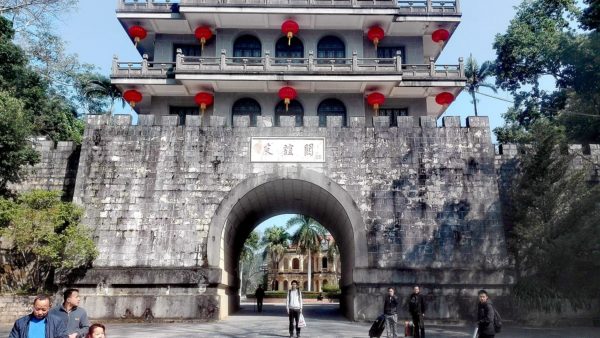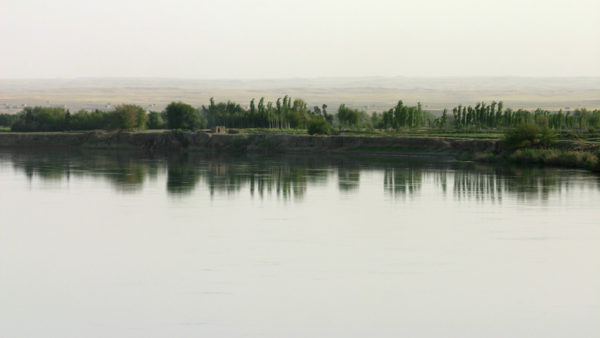In its first vertical application, RMD Kwikform’s Tubeshor system has been used as temporary works to support a bridge extension on a major road project in Dubai.
The $1.37bn Shindagha Corridor project involves building a 13km-long road network along Dubai’s coastline to accommodate growing traffic. Work is split into five phases.
In Phase 2D, covering the extension of Shindagha Bridge, RMD Kwikform was contracted by China State Engineering Company to engineer two 16-metre-high, free standing shoring towers able to support the proof loading of a fully loaded 120-metre bridge launching gantry and to withstand wind speeds of 160km/h.
The structures would support the precast segment launching gantry during its load testing operation. This involved testing of the launching girder for an increased operational load of 25%.

The client-given vertical load on each tower was approximately 7000kN and 240kN lateral in both directions, excluding wind and dynamic effects.
In addition, due to site limitations, RMD Kwikform engineers were required to create a solution without racking supports at the base.
Having considered the magnitude of the imposed loads and site’s footprint restrictions, a Tubeshor vertical assembly was proposed for the job. Because this was the first vertical application of RMD Kwikform’s hybrid hydraulic tubular shoring system, a special connector which enabled the tubes to be connected to horizontal members had to be designed.
A strutted shoring system intended for use on larger and more complicated projects, Tubeshor was capable of providing the essential support needed during the critical load testing operation, with RMD Kwikform creating a bespoke solution using five-metre-lengths of Tubeshor 610 props to meet the demands of the customer brief.
The maximum design load on each leg was 3035kN and the upper bracing load limit 548kN.
RMD Kwikform says its Tubeshor props can withstand pressures of up to 10,000kN, meaning 40% fewer struts were needed, making it easier to set up and take down.
David White, General Manager for Ground Shoring at RMD Kwikform – Middle East & India, said: "China State Engineering Company was looking for a steel fabrication unit to design and supply the support towers, as this kind of heavy steel job is generally undertaken by steel fabricators, not proprietary formwork suppliers. However, based on the reputation of RMD Kwikform as a major player in the infrastructure and heavy civil spectrum, the job was entrusted to the technical department of our ground shoring team."
Image: Site limitations meant engineers had to create a solution without racking supports at the base (Supplied by RMD Kwikform)










